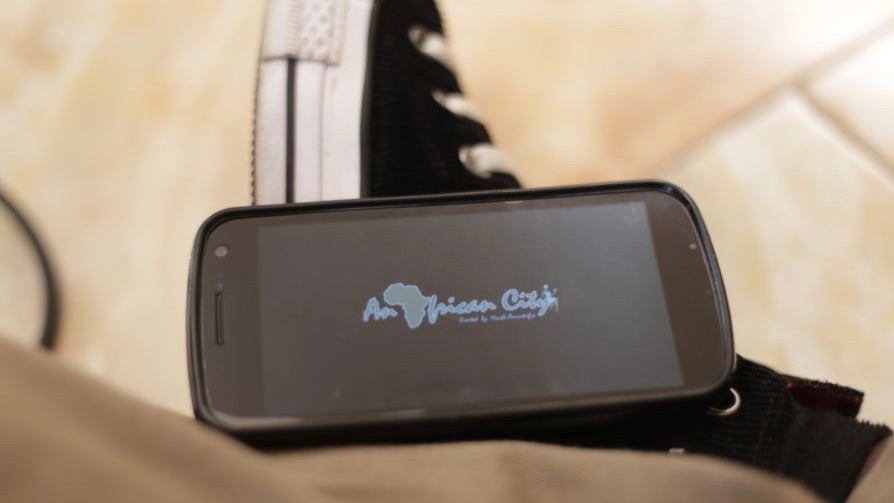Funding shouldn’t be used as a rubber stamp for innovation
Funding isn’t necessary for creativity, entrepreneurship or innovation. As several of the innovators on this year’s Quartz Africa list found, funding is important, but it isn’t a rubber stamp for a successful innovation.


Funding isn’t necessary for creativity, entrepreneurship or innovation. As several of the innovators on this year’s Quartz Africa list found, funding is important, but it isn’t a rubber stamp for a successful innovation.
“No one is ever going to give you money to execute your idea,” said Rapelang Rabana, founder of Yeigo Communications, Rekindle Learning and one of this year’s innovators.
“Funding is really only critical to scale,” says Rabana. Before the age of 30, Rabana and her fellow Yeigo founders had their own VoIP innovation acquired by Telfree, a Swiss company. But acquisition, as Rabana learned, did not mean that she would be able to continue to innovate.
“We wanted to build solutions, not do telecoms wars,” she told Quartz.
Rather, Rabana prioritizes perspective and purpose over funding for the success of an innovation, founding new businesses along the way.
“I was never smarter than most people in the room, I had no more financial or social capital than anyone else in the group,” she says. “I simply trusted that I have a legitimate perspective.”
Television and filmmaker Nicole Amarteifio’s innovation is driven by the idea that her perspective of African women is unique, and deserved to be shared.
“I was tired of the narrative of Africa being about war, poverty, famine,” said Amarteifio. “One day I was sitting at my parent’s home in Accra, Ghana, watching reruns of Sex and the City and I thought: ‘what would this show look like set right here in my city?’ I also thought: ‘It sure would be a different story!’”
Quitting a job in international development, Amartefio was determined to create An African City, a now popular webseries about five modern women in Accra. Before the thousands of YouTube hits, Amarteifio said she could barely raise interest in her pilot.
“The few people I knew in the TV industry appeared completely uninterested,” she told Quartz. Wholeheartedly believing in the concept, she poured all her savings into the project, taking a risk on a story she believed had to be told.
“Fortunately, season one was so successful that it was easy to raise funds for season two—from licensing deals to product placement,” she said, explaining that season two is now available on its own monetized platform. She is already in talks with networks to air season three.
“A lot of entrepreneurs feel that if they haven’t raised money, it’s not a real business,” said Malan Joubert, who along with his brother Philip, has developed several innovations, including the very successful SnapScan mobile payment system.
Sure, the backing of an angel investor or venture capitalist is a sign to family, friends and partners that the time and money invested has been worth it, says Philip Joubert, but it would be a mistake to solely pursue an innovation based on its investor potential.
“It requires a lot of resilience to realize that is not as important,” said Philip Joubert.
Driven by the desire to “build things,” and the belief in “reverse innovation” the brothers set off for Silicon Valley soon after graduating from college to learn everything they could in what is arguably the epicenter of global innovation. When it came to building their own innovations, they returned to South Africa, where they would have their own capital to fund projects like OfferZen, their recruiting site for developers.
Of course there are innovations that cannot continue without large funding injections, especially in research on healthcare and other lab-based innovations. What’s more, entrepreneurs who are rewarded for risk are often those who already had some comfort to cushion the potential fall.
“I don’t think it’s common to admit how important financial security us for risk-taking behavior,” says Malan Joubert. “People often conflate the risks of quitting your job and doing a startup.”
Still, while taking a risk is important, it isn’t the main driving force behind the innovations that are changing the continent. Instead, their innovations were inspired by a search for solutions and trusting in their original ideas. At this stage of development, funding isn’t essential.